Life
Sign up for our newsletter
We summarize the week's scientific breakthroughs every Thursday.
-
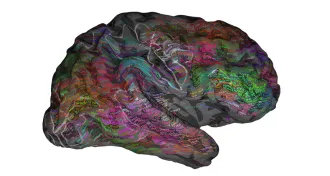 Neuroscience
NeuroscienceWords’ meanings mapped in the brain
Language isn’t just confined to one region of the brain: The meaning of words spark activity all over the cerebral cortex.
By Meghan Rosen -
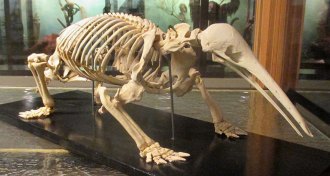 Animals
AnimalsHow animal poop could be key in solving echidna mystery
The western long-beaked echidna hasn’t been seen in Australia in 10,000 years. But DNA in scat could reveal its presence.
-
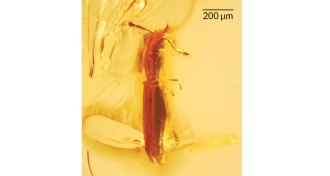 Paleontology
PaleontologyBeetle saved in amber had helicopter wings
For the first time, scientists report the fossilized remains of two tiny Jacobson’s Beetles, preserved in amber for at least 37 million years.
By Meghan Rosen -
 Science & Society
Science & SocietyFindings on wobbly memories questioned
In contrast to older studies, new results suggest that new memories don’t interfere with older, similar ones.
-
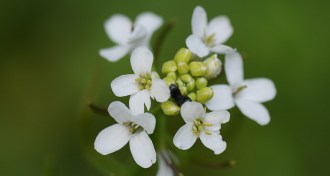 Plants
PlantsPrions may help plants remember
A plant protein has passed lab tests for prionlike powers as molecular memory.
By Susan Milius -
 Plants
PlantsPlants might remember with prions
A plant protein has passed lab tests for prionlike powers as molecular memory.
By Susan Milius -
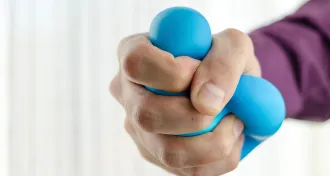 Life
LifeUncertainty is stressful, but that’s not always a bad thing
Life is full of stressful, ambiguous situations. But a new study shows that the ones we can predict stress us out less, and may even help us learn.
-
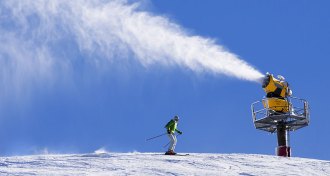 Life
LifeBacteria use cool trick to make ice
By reordering nearby water molecules, Pseudomonas syringae bacteria can make ice.
-
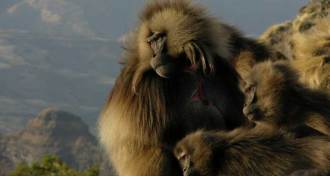 Humans
HumansGelada monkeys know their linguistic math
The vocalizations of gelada monkeys observe a mathematical principle seen in human language, a new study concludes.
-
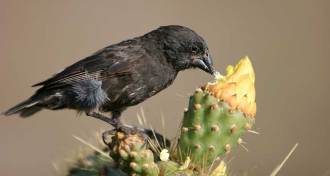 Life
LifeGene found that controls beak size in Darwin’s finches
A beak-size gene helped determine whether Darwin’s finches survived a drought.
-
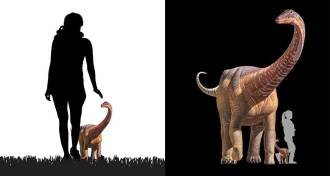 Paleontology
PaleontologyBaby titanosaur was parents’ Mini-Me
Babies of one species of titanosaur resembled mini-versions of full-grown adults, and probably acted like them, too.
By Meghan Rosen -
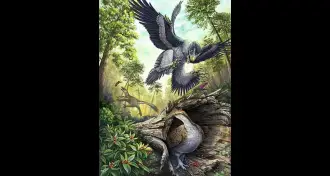 Paleontology
PaleontologyClearer picture emerging of dinosaurs’ last days
Dinosaurs’ final days may have included both a giant asteroid and gradual species die outs. Two new studies paint an increasingly intricate picture of dinosaur’s demise.
By Meghan Rosen